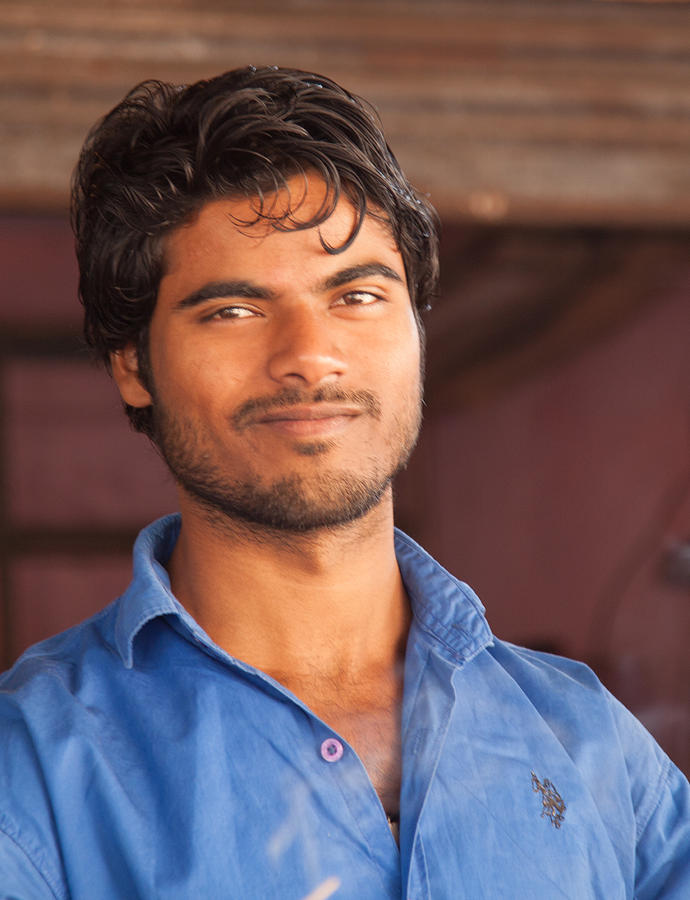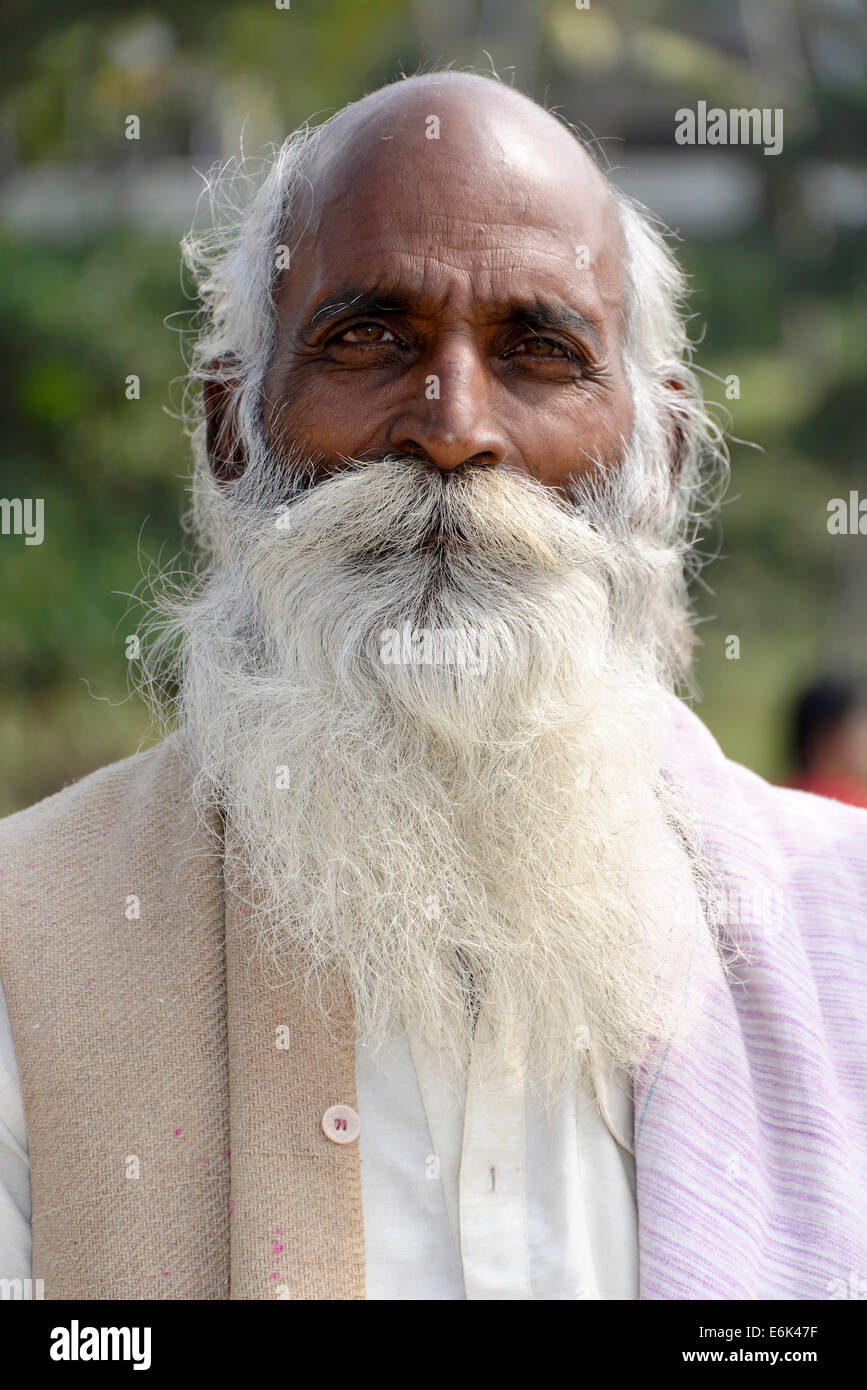Trending: Indian Dude You Won't Believe!
Is "Indian Dude" a simple phrase, or does it carry a weight of cultural assumptions and societal expectations? The very utterance, "Indian Dude," immediately conjures a complex intersection of identity, perception, and potential misinterpretation, a reality shaped by globalization, media representation, and lived experience.
The term, in its casual usage, can refer to an individual of Indian descent, typically male, often employed within a colloquial setting. However, the simplicity ends there. It's a phrase that, depending on context, intent, and the speaker's own biases, can range from neutral identification to a loaded descriptor, freighted with stereotypes and prejudices. The evolution of "Indian Dude" within the linguistic landscape reflects the broader dynamics of cultural exchange, the nuances of identity construction, and the ever-present challenges of cross-cultural understanding.
Consider the potential interpretations. Does "Indian Dude" emphasize a shared national origin? Does it attempt to flatten a diverse population into a single, easily digestible label? Is it, at its core, an attempt at casual camaraderie, or a subconscious reinforcement of otherness? The meaning shifts with the speaker, the listener, and the environment in which it is uttered. Analyzing its usage unveils a mirror reflecting the complexities of identity in an increasingly interconnected world.
The use of such terms is interwoven with the history of India itself, and the ways in which it has been perceived by the outside world. Centuries of colonial influence, accompanied by distorted portrayals, have shaped the global consciousness of Indian identity. The rise of Bollywood, the diaspora's influence, and India's own internal diversity all contribute to the intricate tapestry of what constitutes "Indian." The casual phrase "Indian Dude," thus, enters a realm already charged with historical baggage and multifaceted meanings. In examining the phrase's implications, we are, in fact, invited to engage with the larger issues of representation, cultural understanding, and the ongoing evolution of identity in the modern age.
To examine the phrase's impact is also to touch on the crucial aspect of intersectionality. Its a point where multiple identities intersect, the convergence of which can shape individual experience and social contexts. The term Indian Dude doesnt just identify nationality; it is used in tandem with other facets of identity. For instance, a Indian Dude may also be viewed through the lens of class, religion, caste, sexual orientation, and various other attributes. As a result, the terms interpretation varies depending on the intersections that apply to the individual.
Moreover, the evolution of "Indian Dude" in the digital age is important. The Internet and social media have fueled the phrase's dissemination, reshaping its meaning and impact in ways unimaginable just a couple of decades ago. Online platforms are vital in the development of self-expression and community formation. The phrase Indian Dude can take on new meanings within the online world, influenced by internet memes, online communities, and the globalized landscape of online interactions. Online platforms can provide a venue for individuals to define their identity, to challenge stereotypes, and to engage in meaningful dialogue. However, these platforms also have the potential to spread misinformation and reinforce offensive stereotypes, thus underlining the importance of understanding and critically assessing the use of phrases like "Indian Dude" in the online environment.
The power of language to shape perception is at the heart of this discussion. The act of using a particular term, whether intended or not, invariably carries the weight of the words used. The selection of "Indian Dude" is a reflection of the user's intentions and also an indicator of the larger social environment, and of the user's awareness of that impact. Language, especially in its informal manifestations, can be a double-edged sword. It can cultivate a sense of connection and recognition, or it can perpetuate misunderstandings and reinforce biases. Conscious and careful communication is indispensable in navigating the complexities of identity, and in challenging discriminatory representations.
Let's analyze the factors that might influence this phrase. The individual's country of residence can shape how the term is perceived. For instance, an "Indian Dude" residing in India may encounter different social norms and expectations than an "Indian Dude" in America, Australia, or the United Kingdom. The level of exposure to different cultures and identities can also influence how a person defines and receives the term "Indian Dude." People from the diaspora, for instance, may embrace the phrase to denote a sense of shared identity, while others may reject the label, seeing it as a crude generalization or a simplification of their background.
The influence of media representations is another important factor. The media, including television, movies, and online platforms, has a significant role in molding cultural understandings and stereotypes. How "Indian Dudes" are portrayed in the media can greatly influence public perception, especially for those unfamiliar with Indian culture. Negative or stereotypical portrayals can contribute to the perpetuation of harmful prejudices and biases, while positive and authentic depictions can foster greater understanding and acceptance.
Consider the context and purpose of the usage. Is it a friendly greeting among people who identify as Indian, or is it a way to distinguish a person based on race? The intent of the speaker and the tone of voice can greatly affect how the phrase is received. A simple "Hey, Indian Dude" by a friend may communicate warmth and inclusion, while the same phrase used by a stranger may feel patronizing or condescending. The context in which the term is used is important in discerning whether it expresses respect, neutrality, or bias.
The use of "Indian Dude" can also be shaped by the individual's personal experience. Individuals of Indian origin may identify with the label in a variety of ways depending on their personal experiences, upbringing, and sense of identity. Some people may accept it as a harmless identification, while others may feel annoyed by its usage. Individuals' relationship with their cultural heritage, their degree of integration in the wider society, and their personal views on identity politics may impact their perception of the phrase.
Examining the use of "Indian Dude" requires a consideration of the ever-changing nature of identity. The meanings of words evolve over time, influenced by shifting cultural landscapes, the influence of media, and individual experiences. What may have been considered acceptable language in the past may be deemed insensitive today. The word "Indian Dude" can be used as a positive declaration of identity or as a source of hurt, based on the situation, intentions, and social environment. Understanding the fluidity of the terms meaning is essential to engaging in thoughtful and culturally sensitive conversations.
Ultimately, the term Indian Dude is not static. The significance and value of the phrase depend on numerous factors, including the speaker's intent, the listener's perspective, and the larger social context. The ongoing conversation about this phrase serves as a microcosm of wider cultural debates on identity, representation, and the nuances of communication. By examining the complexities of this phrase, we learn more about the challenges of interacting across cultures in an ever-changing world.
The following table provides a fictional bio-data of an "Indian Dude" as an example for illustrative purposes only. It is crucial to remember that this is a fictional representation. Real individuals and their experiences will invariably vary. The table's goal is to give context, emphasizing the different facets of an individual's life that the phrase "Indian Dude" may represent, along with the complexity of identity.
The following data is purely for example purposes. The table is created with the assumption that it can be easily integrated into a WordPress environment:
| Category | Information |
|---|---|
| Name | Arjun Patel (Fictional) |
| Date of Birth | March 15, 1988 |
| Place of Birth | Mumbai, India |
| Current Residence | New York City, USA |
| Nationality | Indian (Holds US citizenship) |
| Education | Bachelor of Science in Computer Science, University of Mumbai Master of Business Administration, Harvard Business School |
| Career | Software Engineer, Google (2010-2015) Founder and CEO, Tech Startup (2016-Present) |
| Professional Achievements | Awarded "Young Entrepreneur of the Year" in 2020 Featured in Forbes 30 Under 30 |
| Interests | Cricket, Bollywood Movies, Technology, Travel, Philanthropy |
| Family | Married, two children |
| Cultural Background | Gujarati Indian, speaks Gujarati, Hindi, and English |
| Link for Reference | Forbes (Fictional) |
The "Forbes (Fictional)" link is added as a reference. The "Indian Dude" in focus is a fictitious construct, and the Forbes profile is a simulated example of the kind of background information that could be associated with the term. The data provided in the table is intended to demonstrate the diversity of background, experience, and professional accomplishments that could be associated with the label "Indian Dude."
In conclusion, "Indian Dude" is more than simply a label; it acts as an entry point to a larger discussion about identity, representation, and the complexities of communication. Its meaning is fluid, molded by individual experiences, social context, and the continuing evolution of language itself. The challenges of cross-cultural understanding and the importance of nuanced communication are exemplified by the phrase. As we grapple with these issues, we are reminded of the need for empathy, critical thinking, and a dedication to comprehending the rich variety of human experience.


